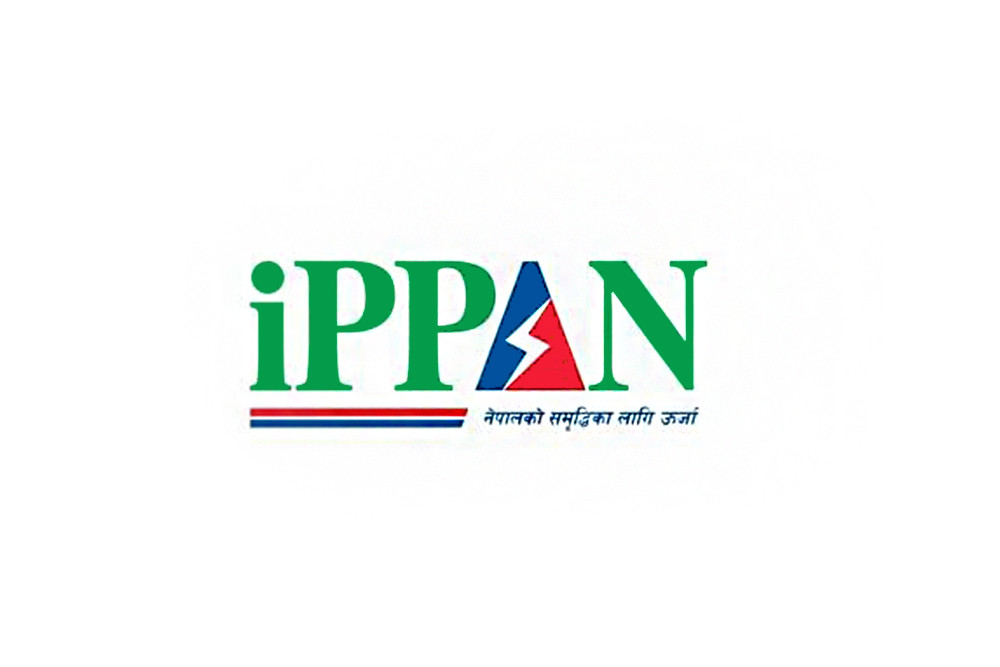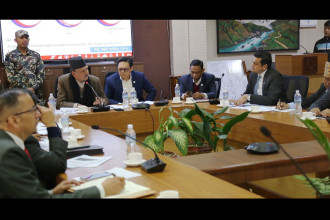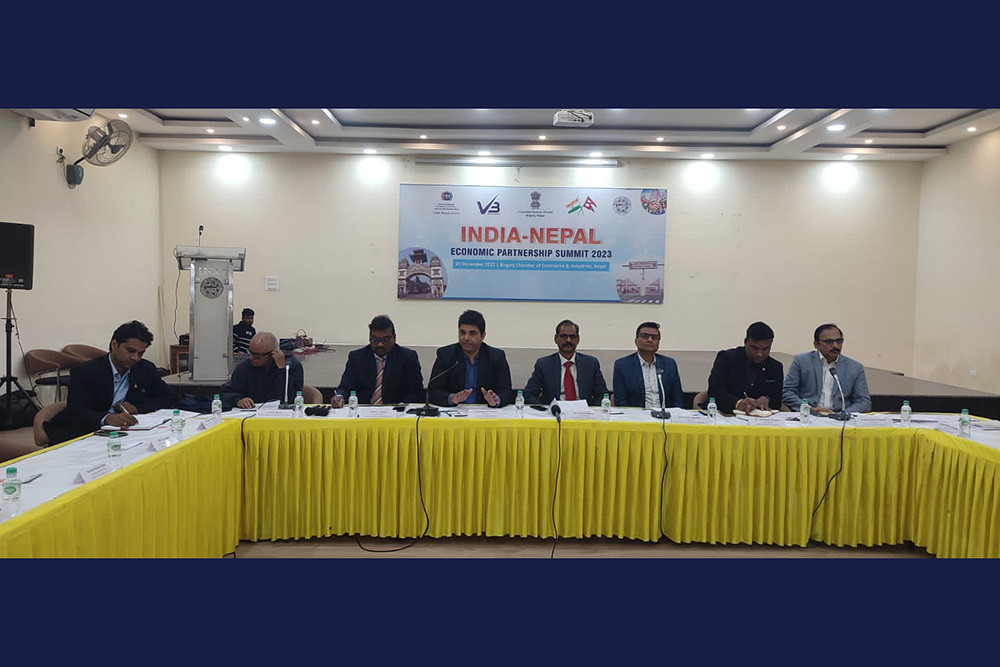
KATHMANDU: Experts have stressed the need to maintain sustainability and stability standards for Nepal's hydropower development.
In the executive leadership development workshop on 'Business Value of Hydroelectricity Sustainability Standards' held in Lalitpur on Friday under the regular programme 'Friday Forum' of Independent Power Producers' Association, Nepal (IPPAN), the experts said that sustainability and stability are important for the country, community and future energy development.
They highlighted that the standards of hydropower sustainability can attract foreign investment including climate and carbon funds, and stated that this will strengthen the environmental, social, and governance (ESG) aspects of hydropower development.
IPPAN President Ganesh Karki suggested that attention should be paid to the sustainability of hydropower for the well-being of the community and the environment. He underscored that Nepal is the leader in the adoption of hydropower sustainability standards. He said some hydropower projects in Nepal, Canada, Brazil and other countries have already received gold certificates.
"Some private hydropower companies have already received the certificate of meeting the sustainability standards, while some are in the process." Karki said, "It is also necessary to meet the sustainability standards of hydropower to attract FDI."
In the programme jointly organised by USAID, Hydropower Sustainability Alliance (HSA), NORAD and Bizbell along with IPPAN, Karki said that for the sustainability of hydropower, we need to collaborate with the government, international community and private sector and added that IPPAN is ready to move forward with a common vision.
Addressing the workshop, Bizbell Founder and International Hydropower Association (IHA) Vice Chair Sushil Pokharel said that three projects from Nepal have received standard certificates and stressed that they should continue as a campaign.
Pokharel made a presentation on how the hydropower projects in Nepal will proceed and how the certified projects will be eligible to get cheap funds from international organisations.
HSA Deputy Executive Director Alain Kilajia said that it has become mandatory to go to the sustainability standard in the face of climate change.
He gave an example of the impact of climate change in different countries and made a presentation about the positive impact on ESG by increasing business value and meeting the standards of sustainability.
USAID Chief of Party Robert Kremer also said that Nepal's hydropower projects should be brought to sustainability standards. He said that there is public participation in Nepal's projects and more attention should be paid to ESG.
Hydroelectricity Investment and Development Company Ltd (HIDCL) CEO Arjun Kumar Gautam said that as Nepal has set a target of generating 28,000 megawatts (MW) of electricity in 10 years, at least $30 billion foreign investment will be required to achieve this target. He said that even if the return of hydroelectric projects is below 1% or 2%, it does not matter, however, ESG matters must be looked at.
Dolma Impact Fund Executive Director Bidhyabaridhi Sigdel said that Nepal should follow the criteria of sustainable development to attract investment from big funds like the Climate Fund and Green Fund. He opined that after Nepali projects get gold certificate, clean energy of Nepal can be connected with carbon trade.
Urja Developers General Manager Ganesh Neupane gave an example of standard certified Mai Beni Hydropower and gave a presentation about the benefits of such certified projects.
Around 150 people including IPPAN representatives, domestic and international hydropower promoters, experts, ecologists, and government officials participated in the workshop.





